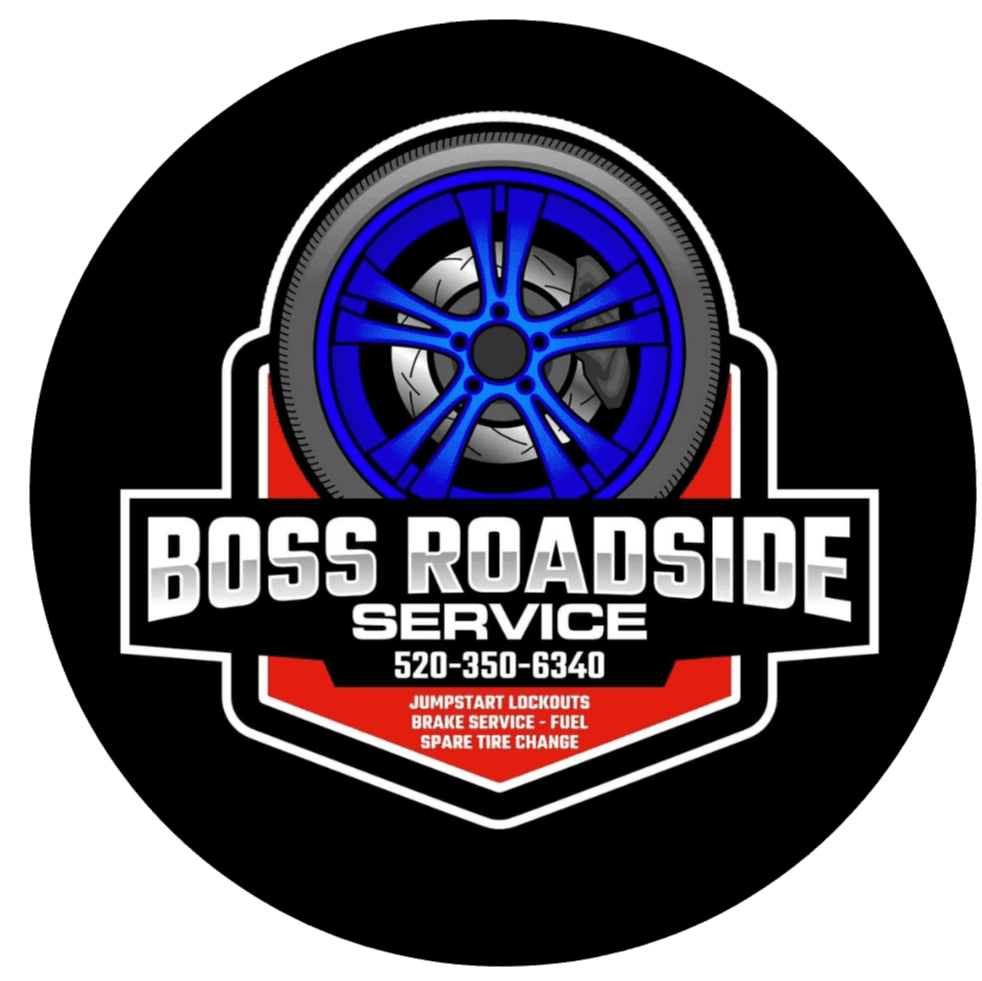The Importance of Regular Brake Maintenance

Posted on January 26th, 2024
Driving down the open road, the wind in your hair, and the sun on your face - it's a liberating experience. But in the midst of this freedom, there's one crucial aspect of your vehicle that demands constant attention: the braking system. Often overlooked until the dreaded screech or spongy feeling emerges, a well-maintained braking system is not just about stopping your car; it's about ensuring your safety and enhancing overall performance. In this comprehensive guide, we'll delve into the vital realm of regular brake maintenance, exploring why it matters, what signs to watch for, and the impact on your driving experience.
The Heart of Your Safety System: Understanding Brakes
Your vehicle's braking system is the unsung hero of road safety. Comprising various components like brake pads, rotors, calipers, and brake fluid, it works in tandem to slow down or bring your vehicle to a halt. Regular maintenance of these components is crucial because, without a functioning braking system, the safety of you, your passengers, and others on the road is compromised.
Signs Your Brakes Need Attention
Strange noises, such as squeaking or grinding, when applying the brakes can indicate worn-out brake pads. Ignoring these sounds may lead to more significant issues and compromise your safety.
If you notice a pulsating sensation or vibrations while braking, it could be a sign of uneven brake rotor wear. Addressing this promptly prevents further damage to the braking system.
Reduced responsiveness or a "soft" brake pedal may indicate a brake fluid issue. Maintaining the proper level and quality of brake fluid is essential for optimal brake performance.
The Ripple Effect on Vehicle Performance
Beyond safety, the condition of your braking system has a direct impact on your vehicle's overall performance. Consider your brakes as the conductors of a symphony - they orchestrate smooth stops, coordinated movements, and harmonious driving experiences. Regular brake maintenance ensures this symphony continues without a discordant note.
Enhanced Efficiency and Responsiveness
Well-maintained brakes contribute to efficient energy transfer, allowing your vehicle to respond promptly to your commands. Whether navigating through city traffic or cruising on the highway, responsive brakes enhance the overall driving experience and provide a sense of control.
Extended Longevity of Brake Components
Routine brake maintenance not only prevents major breakdowns but also extends the life of individual components. Replacing worn-out brake pads or addressing minor issues early on can save you from costly repairs down the road. It's an investment in both safety and the longevity of your vehicle.
Financial Savvy: The Cost-Effectiveness of Regular Brake Maintenance
Addressing brake issues promptly is not just about ensuring safety and performance; it's also a savvy financial move. Regular maintenance minimizes the risk of extensive damage, reducing the likelihood of major repairs that can dent your wallet.
Preventing Costly Repairs Through Regular Inspections
Think of regular brake maintenance as a preventive measure against major repairs. Routine inspections catch potential issues before they escalate, saving you from the financial burden of replacing multiple components simultaneously.
Optimizing Fuel Efficiency
A well-maintained braking system contributes to overall fuel efficiency. Smooth and responsive brakes prevent unnecessary energy loss, ensuring your vehicle operates at its optimum level. It's a small yet impactful way to save on fuel costs over time.
DIY vs. Professional Maintenance: Finding the Right Balance
Now that we understand the importance of regular brake maintenance, the next question is whether to tackle it yourself or seek professional assistance. Striking the right balance between DIY care and professional expertise ensures your brakes receive the attention they deserve.
DIY Brake Maintenance Tips
Inspect your brake pads regularly and replace them if they are worn down to avoid damage to the brake rotor.
Check brake fluid levels and quality. If you notice a decrease in levels or a change in color, it's time for a top-up or fluid replacement.
Professional Brake Maintenance
Periodic professional inspections, ideally during routine vehicle servicing, ensure a thorough examination of all braking system components.
Professional technicians can diagnose and address complex issues, providing expert solutions for optimal brake performance.
The Road Ahead: Planning Your Brake Maintenance Schedule
Understanding the significance of regular brake maintenance is the first step; the next is crafting a maintenance schedule tailored to your driving habits and vehicle usage. Consider the following factors when planning your brake maintenance regimen.
Driving Conditions and Frequency
Frequent stop-and-go city driving can accelerate brake wear, requiring more frequent inspections and maintenance.
Highway driving generally causes less strain on brakes, but it's essential to consider factors like speed and the weight of your vehicle.
Manufacturer Recommendations
Refer to your vehicle's manual for manufacturer-recommended brake maintenance intervals. Adhering to these guidelines ensures compliance with warranty requirements and optimal performance.
Conclusion: Drive Safely, Drive Responsibly
In conclusion, understanding the importance of regular brake maintenance goes beyond the technicalities of brake components. It's about embracing a mindset of responsibility toward your safety, the safety of others on the road, and the longevity of your vehicle. By prioritizing routine inspections and addressing issues promptly, you're not just maintaining brakes – you're sustaining a secure and enjoyable driving experience.
If you have any questions or would like professional assistance with your brake maintenance, feel free to reach out to Boss Roadside Assistance. Your safety is our priority.
Contact Us | (520) 350-6340
We're Here to Help
Let us know what we can do to get you back on the road again as fast as possible!
